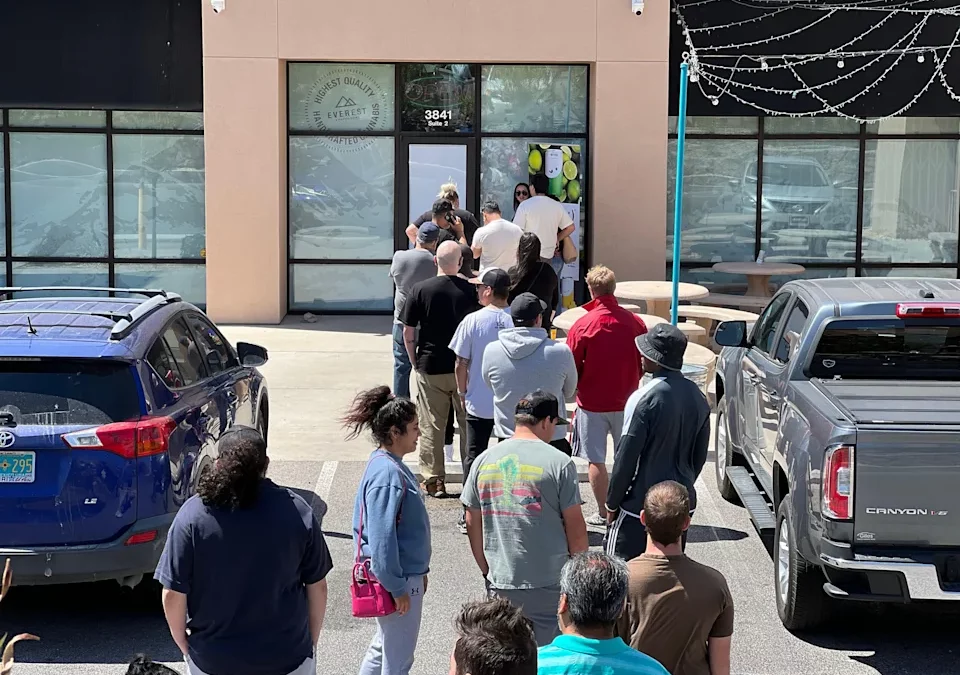
New Mexico cannabis sales hit nearly $40 million in first month

In its first month of recreational cannabis sales, New Mexico brought in nearly $40 million in revenue.
After launching its legal cannabis industry on April 1, the state made over $4 million in its opening weekend. Through the rest of the month, adult use sales across 40 cities in New Mexico sold $22 million worth of cannabis products.
The remaining $17 million was medical cannabis sales.
Medical cannabis sales are exempt from taxes unlike recreational sales, so there was no tax revenue generated from the $17 million in sales for the month. The majority of the state’s recreational sales were in Albuquerque, home to roughly 564,000 residents.
The city alone sold nearly $15 million in cannabis in April. The next highest revenue generated was in Las Cruces at only $2 million in adult use sales.
Las Cruces is also home to the state’s first licensed cannabis lounge where consumers can enjoy cannabis in a public setting.
New Mexico communities that border Texas also saw a fair amount of sales in the first month of adult use cannabis in the state. Hobbs and Sunland Park sold $1.7 and $1.4 million respectively, including medical and recreational cannabis sales.
An analysis from Sun-News found that Sunland Park had the third highest sales per capita, likely due to “cannabis tourism” from Texas and Mexico.
New Mexico cannabis sales are taxed at 12% for adult-use, plus additional taxes from local jurisdictions. Final tax revenue numbers won’t be announced until May 25, but with current data it is expected that the state will make about $2.6 million in tax revenue for the month.
Additionally, the 12% excise tax rate on adult-use cannabis sales is set to increase to 18% in 2025. This is still a lower tax rate than neighboring states Arizona and Colorado.
It is likely that the 4/20 holiday helped to boost recreational sales in the New Mexico’s first month. However the state’s director of the Cannabis Control Division, Kristen Thomson, is still satisfied with how the state performed and anticipates continued growth in the future.
“New Mexicans showed up on April 1 ready to support local businesses selling high-quality New Mexico products, and they’re still coming,” Thomson wrote.
“Thanks to hard work by the dedicated people working in the industry, supply easily met consumer and patient demand. New Mexicans have a lot to be proud of in the launch of this new industry, which is already adding value to the state’s diverse economy.”
The CCD has projected that the New Mexico cannabis industry will create up to 11,000 jobs statewide, with $300 million in sales and $50 million in tax revenue in its first year.














